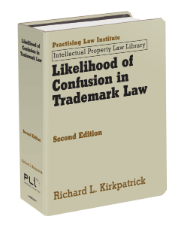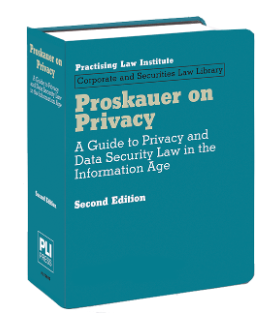Financial Product Fundamentals: Law, Business, Compliance (Second Edition) is a comprehensive reference on the regulations, benefits, advantages, pricing, distribution, marketing, and current and future viability of registered offerings. It includes expert analysis of private placements, mutual funds, hedge funds, money market funds, exchange traded funds, real estate investment trusts, international investment funds, variable insurance products, and other instruments. This treatise has been completely revised to reflect the Dodd-Frank Act, SEC actions, and other regulatory changes made to spur the economy and reform the financial markets.
The new release includes updates to the following chapters:
- Chapter 2A provides revisions that cover the settlement cycle for ATM offerings.
- Chapter 3 discusses the Holding Foreign Companies Accountable Act.
- Chapter 5A discusses the adoption of a U.S. federal excise tax on corporate share; the 2022–2023 SPACs special meetings for approval of business combinations and extensions of business combination deadlines and liquidations; the ratification actions in Delaware: Garfield v. Boxed, No. 2022-0132-MTZ, 2022 BL 461782 (Del. Ch. Dec. 27, 2022), and In re Lordstown Motors Corp., No. 2023-0083-LWW, 2023 BL 56465 (Del. Ch. Feb. 21, 2023); and restructurings and re-SPACs.
- Chapter 5B provides new coverage of sustainability-linked loan documentation guidance; the EU Corporate Sustainability Reporting Directive, which came into force in January 2023; and the EU green bond standard.
- Chapter 9 discusses the recently amended Rule 2a-7 and the other rules (the “2023 Amendments”) that govern money market funds, including changes to the liquidity fee and redemption gate framework under Rule 2a-7; and disclosure Form N-1A and Form N-MFP. There’s also new discussion of the amendment to Rule 2a-7 to allow stable NAV money market funds to implement a reverse distribution or similar share cancellation mechanism (RDM) that would reduce the number of the fund’s outstanding shares in order to maintain a stable share price in a negative interest rate environment.
- Chapter 17 covers new revisions to Rule 12d1-4 under the Investment Company Act, a new rule designed to streamline and enhance the regulatory framework for funds that invest in other funds (“funds of funds”).
The Table of Authorities and Index have also been updated for this release.
Order a print copy today.
PLI PLUS subscribers can access this title through their subscription.







